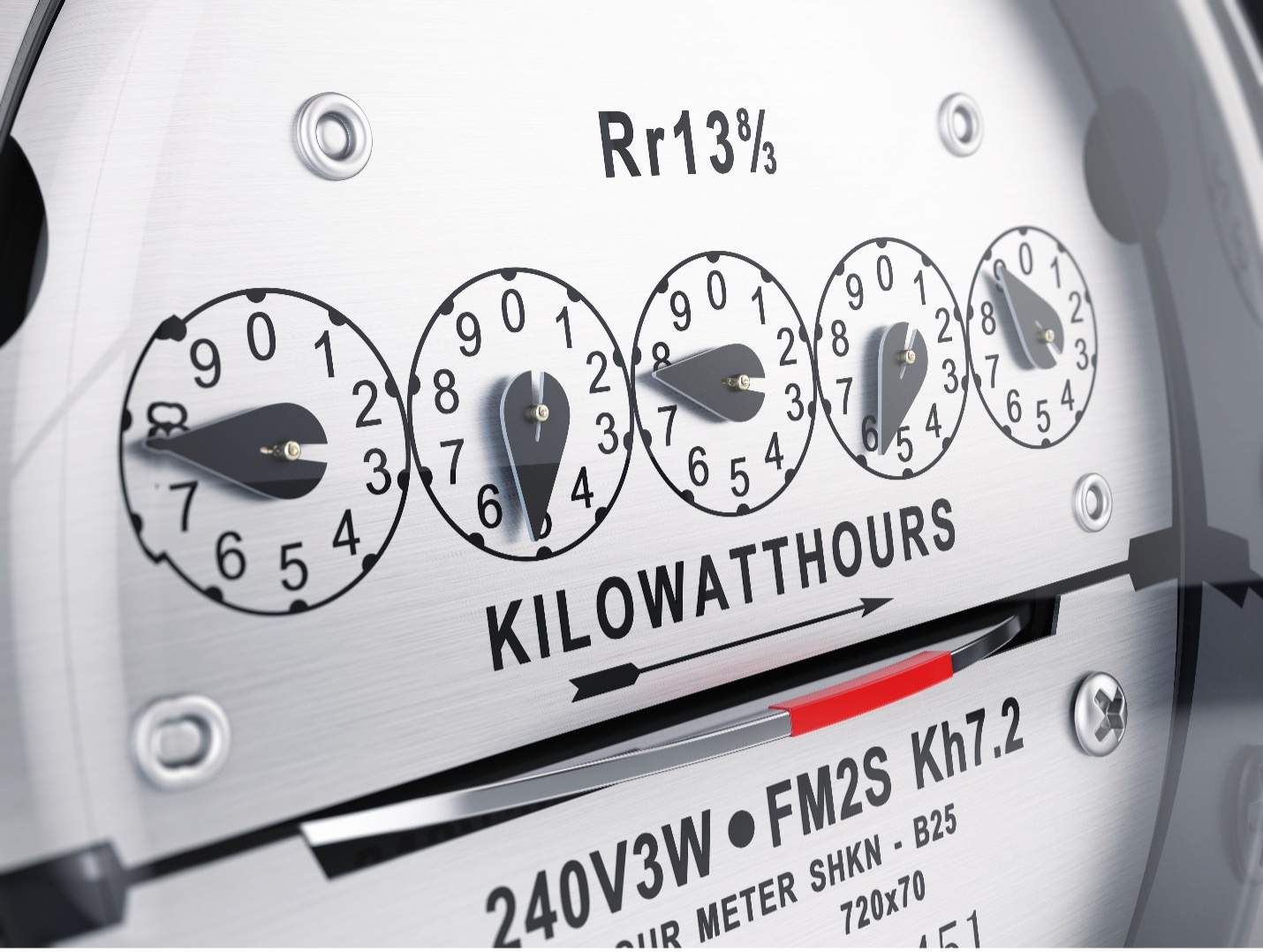Solar Purchase Power Agreement

What is a Solar Purchase Power Agreement (PPA)?
A Solar Purchase Power Agreement (PPA) is a financial arrangement between two parties, one of which is looking to purchase solar power for their property, and the other party possessing and being the sole provider of the equipment necessary to produce solar energy. The seller, who is a third-party developer, will install, own, and operate a photovoltaic system (PV) on the customer’s property. The customer will then also purchase electricity at a fixed rate, which is usually much lower than the local utility’s retail price tag. These deals will typically take place over much longer periods of time, ranging anywhere from ten to twenty-five years. When the contract expires, the consumer may either extend their contract, purchase the unit directly from the developer, or have it removed from their property entirely.
What are the Consumer Advantages of a Solar PPA?
No Upfront Costs – The developer typically handles the upfront cost for installing the PV. This means that the customer can begin saving money as soon as the unit becomes operational.
Predictable Energy Prices – Rates are agreed upon and locked in ahead of time in order to protect the consumer against utility rate fluctuation over time.
Increase in Property Value – The long-term structure of these arrangements allows for SPPAs to be transferred along with the property, encouraging the customer to invest in their home at little to no cost.
Third-Party Maintenance – Solar panel installation and upkeep is handled entirely by the developer, placing all the risk and responsibility on the provider, while putting virtually none of it in the hands of the customer.
Environmentally Friendly – Approximately 60% of all electricity comes from burning fossil fuels, mostly coal and natural gas. In addition to all the financial benefits, solar is a form of alternative energy that reduces our carbon footprint, making them much better for our environment.
What are the Consumer Disadvantages?
Limited Availability – The legality of SPPAs vary by state. Currently, there are only 15 states that have enacted enough legislation to authorize and regulate SPPAs. (AR, CO, CT, DE, HI, IA, MI, MO, NE, NH, NJ, OR, RI, VA, and WA)
Risk of Overpayment – If the retail price for electricity declines, the consumer will still be locked into the fixed rate. While this is not very common, it is entirely possible.
Site Upgrade Consideration – Having a PPSA in place may. While the developer is responsible for the maintenance of the unit itself, they are not responsible for anything else on site, such as a damaged roof or trimming a tree that may be blocking the sunlight to the system. These are all costs that would be handled by the consumer.

